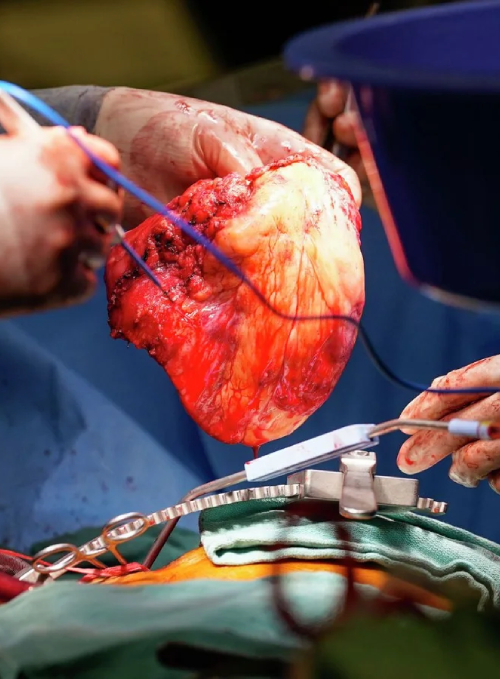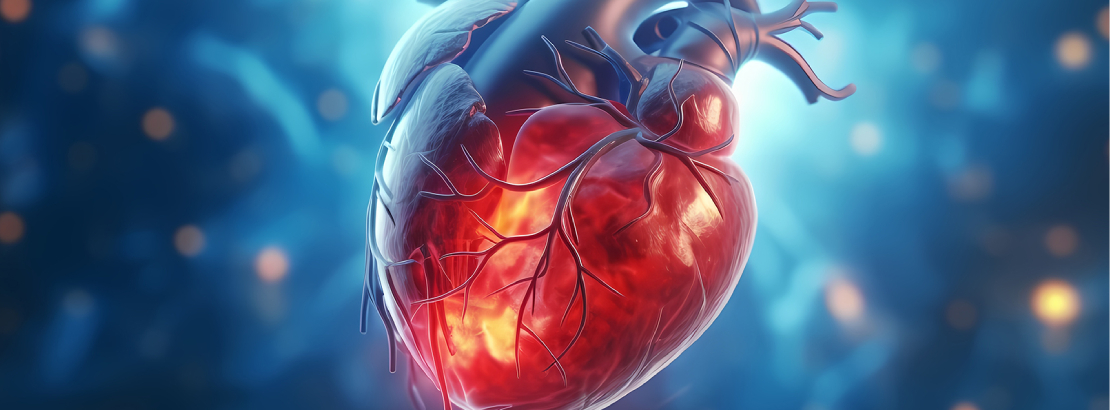
What Is Heart Surgery?
Heart surgery is a medical procedure to repair or replace parts of the heart that aren’t functioning properly. It’s performed to improve blood flow, fix heart defects, or replace a failing heart. These surgeries save lives, relieve symptoms, and help people lead fuller, healthier lives.
We're here to guide you through this critical step toward a healthy future, providing the care and support you deserve.
Call Now





















